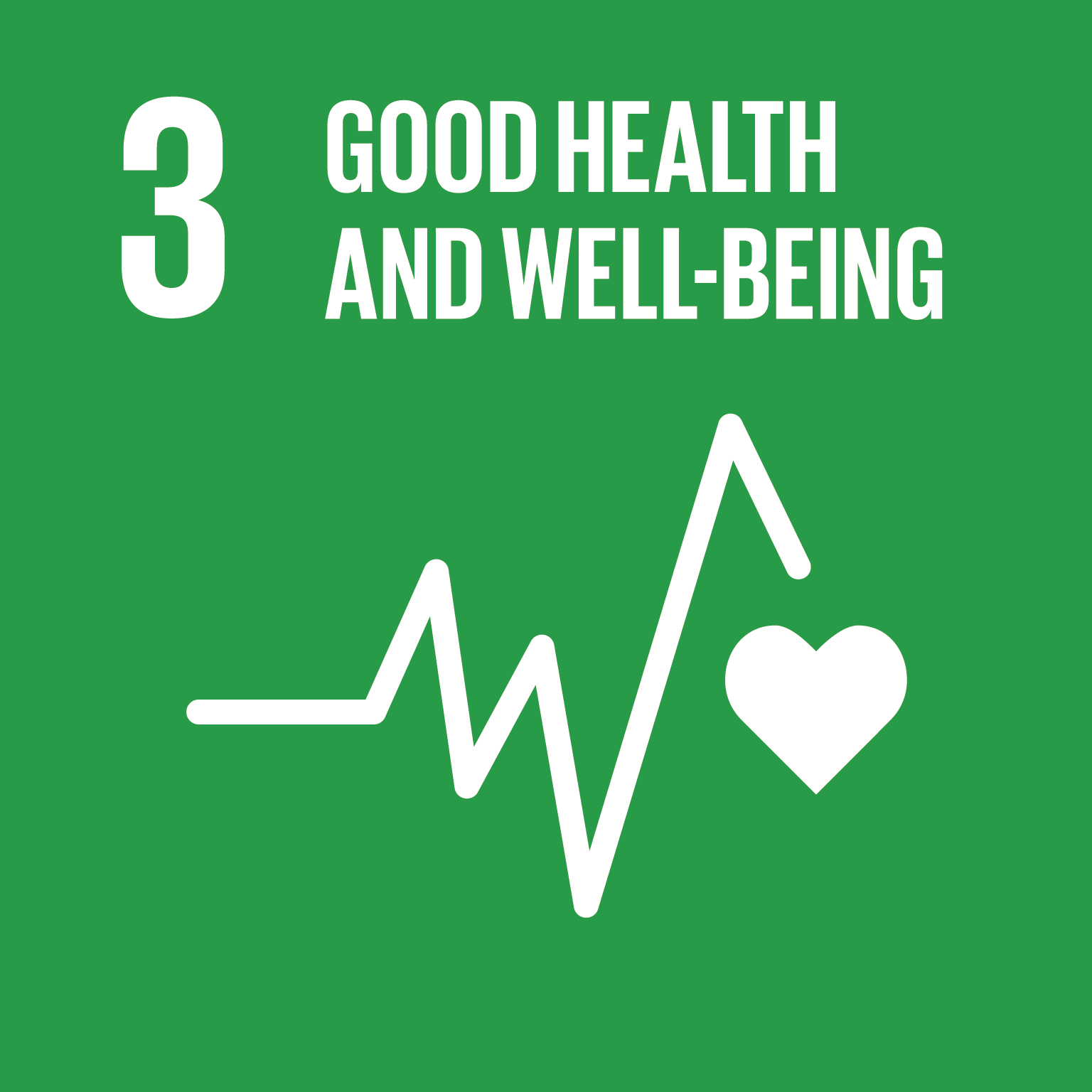Chronic kidney disease of unknown etiology in Sri Lanka: Quest for understanding and global implications
By Myles F. Elledge, Jennifer Hoponick Redmon, Keith E. Levine.
May 2014 Open Access Peer Reviewed
DOI: 10.3768/rtipress.2014.rb.0007.1405
Abstract
This research brief examines chronic kidney disease of unknown etiology (CKDu) in Sri Lanka. A new and growing public health challenge that has emerged in Sri Lanka, CKDu is epidemic in selected geographic areas of the country, primarily in its central and eastern dry zones. CKDu is not attributed to diabetes, hypertension, or other factors commonly associated with chronic kidney disease. A number of risk factors point to environmental triggers for the onset of CKDu, but evidence so far is insufficient to accurately pinpoint the potential cause or causes. Small studies conducted to date attempt to associate CKDu with agrochemicals, ayurvedic (traditional) medicines, water quality, or other environmental or lifestyle factors. This complex emerging health crisis requires an interdisciplinary approach, following strict field protocols and a rigorous environmental health risk assessment framework. Research and analysis to better understand CKDu are important for Sri Lanka and have global implications for understanding of similar geographic CKDu “hot spots” in Central America, Eastern Europe, and South Asia.
![]() © 2025 RTI International. This work is licensed under a Creative Commons Attribution-NonCommercial-NoDerivatives 4.0 International License.
© 2025 RTI International. This work is licensed under a Creative Commons Attribution-NonCommercial-NoDerivatives 4.0 International License.
To contact an author or seek permission to use copyrighted content, contact our editorial team
Meet the Experts



